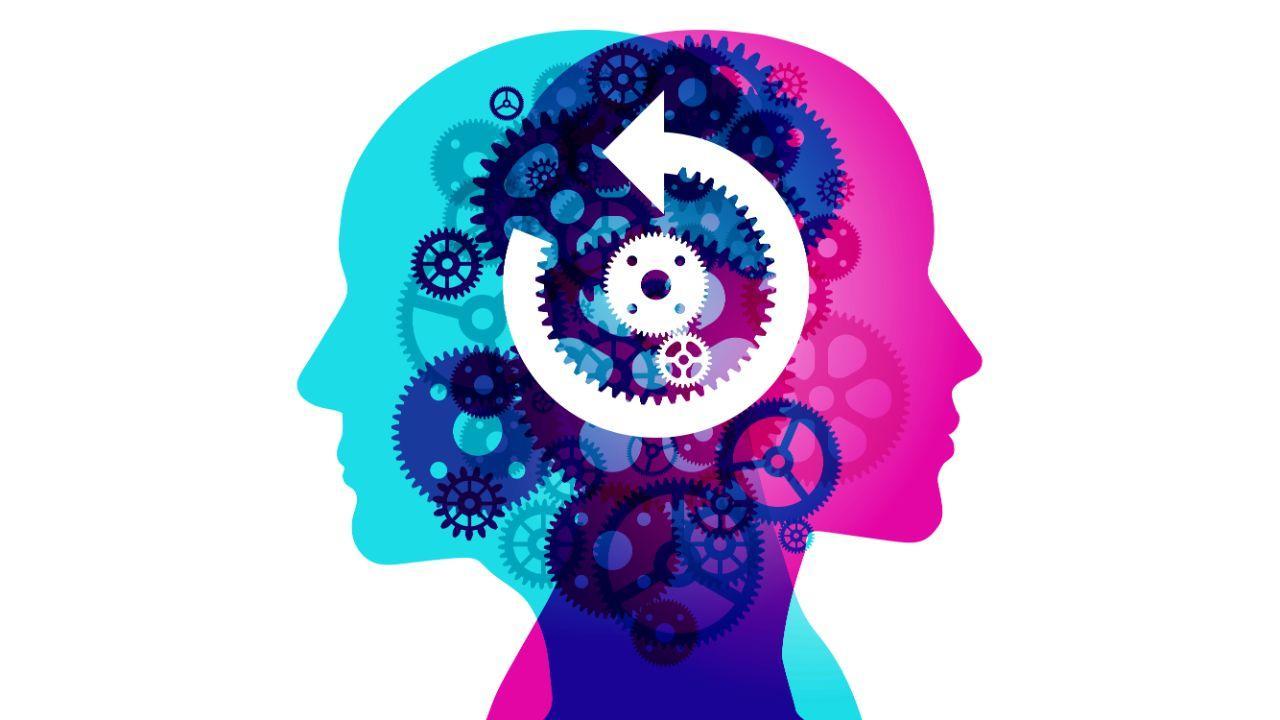For long, people viewed IQ as a marker of success in life but in the contemporary world, being emotionally intelligent is seen as equally important

The photo is for representational purpose only
Cognitive intelligence was often considered the most important characteristic to be successful in life but that notion has been changing. Lately, whether in the professional sphere or in one’s personal life, being smart is no longer thought of as the only way to thrive. Equally significant today is the skill to understand and connect with the emotions of the people one interacts with. The concept of ‘emotional intelligence’ is aimed at helping acquire that skill. A quick glance at popular event listing platforms makes it evident that the buzz around EI is growing. Workshops on this subject are being offered weekly and to people of all ages. Mumbai-based psychologist and psychotherapist Hvovi Bhagwagar explains what emotional intelligence is and shares its importance in our current strained times.
ADVERTISEMENT
What is ‘emotional intelligence’? Are emotional quotient and emotional intelligence the same thing?
‘Emotional intelligence’ was a term that gained huge popularity in the late 1990s after Daniel Goleman’s book [‘Emotional Intelligence: Why It Can Matter More Than IQ’] was released. In simple words, emotional intelligence is the capacity to recognise our own feelings and those of others, ability to motivate ourselves, and for managing emotions well in ourselves and in our relationships. Of course, Goleman’s definition of EI has still stood the test of time. It includes self-awareness, self-regulation, self-motivation, social awareness and social skills.
EI and EQ are used interchangeably by most people. But technically EQ is a quantifiable measure of one’s emotional intelligence, which is measured by a standardized tool. However, the accuracy of EQ measurement is not as standardized yet as that of IQ. Possibly because emotions themselves are so difficult to understand.
How important is it for someone to be emotionally intelligent in today’s time?
Almost everything we do in today’s world is dependent on our ability to manage emotions. We don’t really need to be in survival mode (like our ancestors who hunted for food). But we do need to know how to make stable decisions, manage time, solve conflicts, negotiate, work in teams, and manage anger.
When we are unable to modulate our reactions -- for example manage our anger or anxiety -- then these emotions explode into the social environment causing breakdowns in communication, rage episodes, breakups, and conflicts.
Right now, the situation is extremely grim around the country due to the coronavirus pandemic. How does emotional intelligence come into play in the current situation?
Our emotional intelligence could be playing a large role in why some countries are faring better than others in managing the pandemic. Take Brazil, USA and India which show the highest positivity and death rates. Scientists have pinned this down not just to population density or mutant virus but also to behavioural factors such as inappropriate masking, socialising, and poor hygiene. Suffice to say, people in these countries are not reacting emotionally intelligently. They fail to recognize the importance of long-term gain over immediate gratification.
We also need a strong EQ to physically survive the stress of this pandemic. We need to learn how to cope with isolation, increasing work pressures, and the ever-increasing threat to our health. With everything shifting online, everyone from workers, bosses, teachers, and students need to make a mental shift in their work habits. Major shifts in daily routine eat up a lot of our emotional energy and we need a good EQ to see us through this.
What are some of the tips you would suggest to enhance one’s emotional intelligence and deal with these times?
-Reduce your stress. Delegate. Organize. Simplify. Fix physical health issues, and seek support for mental health issues. Clean up your sleep hygiene. Stress reduction is science’s number one method to increase EQ.
-Definitely engage in a practice of mindfulness for 5-10 minutes once a day. Several apps are available for this (like Headspace). This will ensure that you stay mindful about masking, surface touch, physical distancing in public. Mindfulness will also help you appreciate being in the present moment rather than getting restless about what is being missed out.
-Focus on the future not immediate pleasures. Missing out parties, weddings, festivals, vacations are a small price to pay if we can emerge faster from this pandemic.
-Stand to gain from deeper, intimate conversations with people. Pre-pandemic we relied too much on small talk, brief coffee meets and social gatherings to ward off boredom. Now when these are not possible, we need to have more meaningful engagement with others which also means allowing oneself to be emotionally vulnerable.
Is there a fine line between being emotionally intelligent and being sensitive? How does one balance both?
People confuse emotional intelligence with sensitivity, and it is assumed that sensitive people “let their feelings hang out”, are “too nice” and “overshare”. While emotional intelligence does include a component of sensitivity, but there are many further components to it. For example, decision making, motivating oneself, solving conflicts, or managing time, which don’t necessarily involve sensitivity.
How can one nurture emotional intelligence in children?
A very small example of teaching emotional intelligence to our children is how we raise our boys and girls to break gender norms. For example, teaching boys to work in the house or teaching girls to be assertive. Other ways definitely include teaching kids the value of humanity, kindness, patience, discipline. Not placing over-emphasis on academic performance is the golden rule.
 Subscribe today by clicking the link and stay updated with the latest news!" Click here!
Subscribe today by clicking the link and stay updated with the latest news!" Click here!






